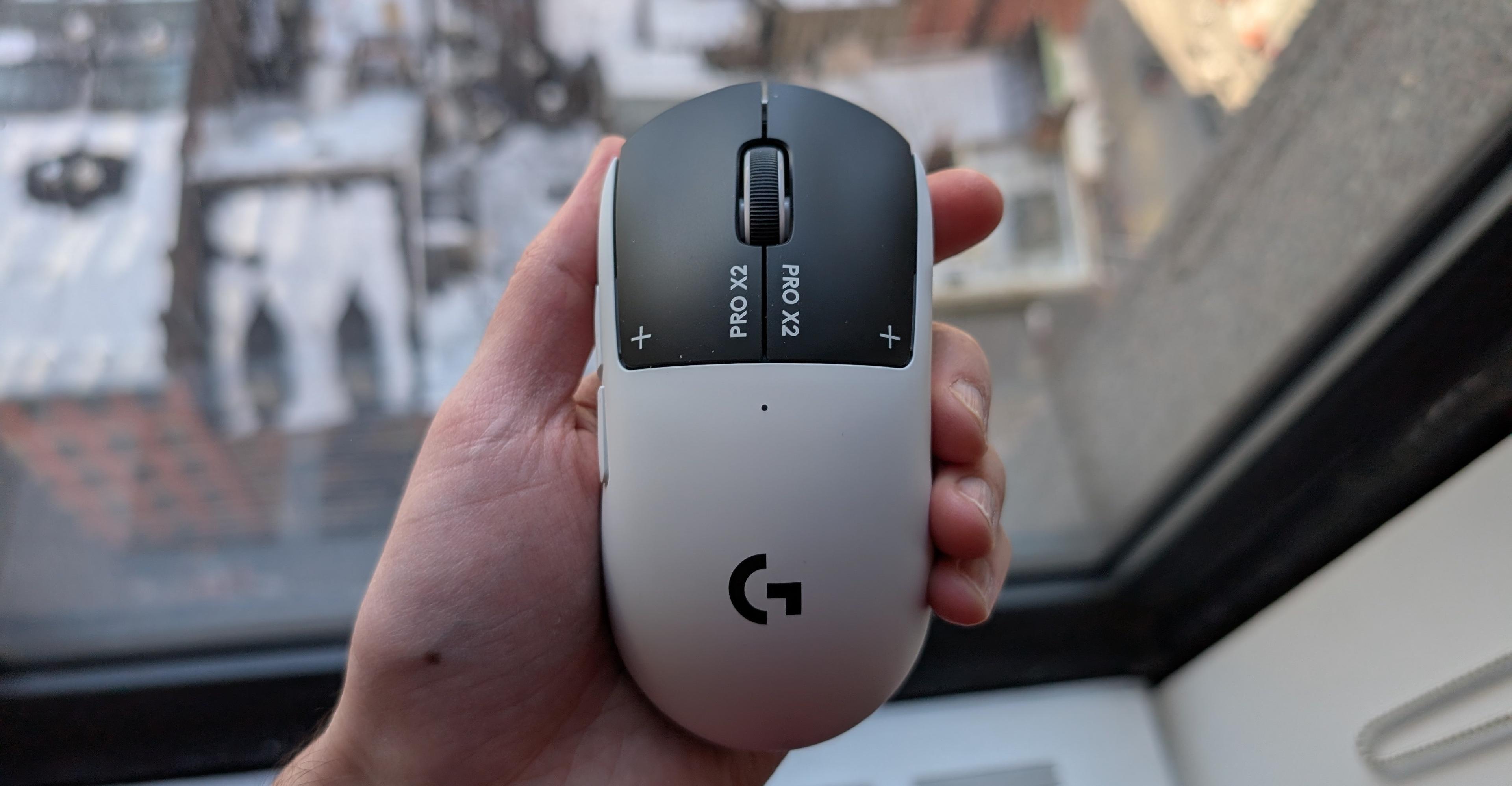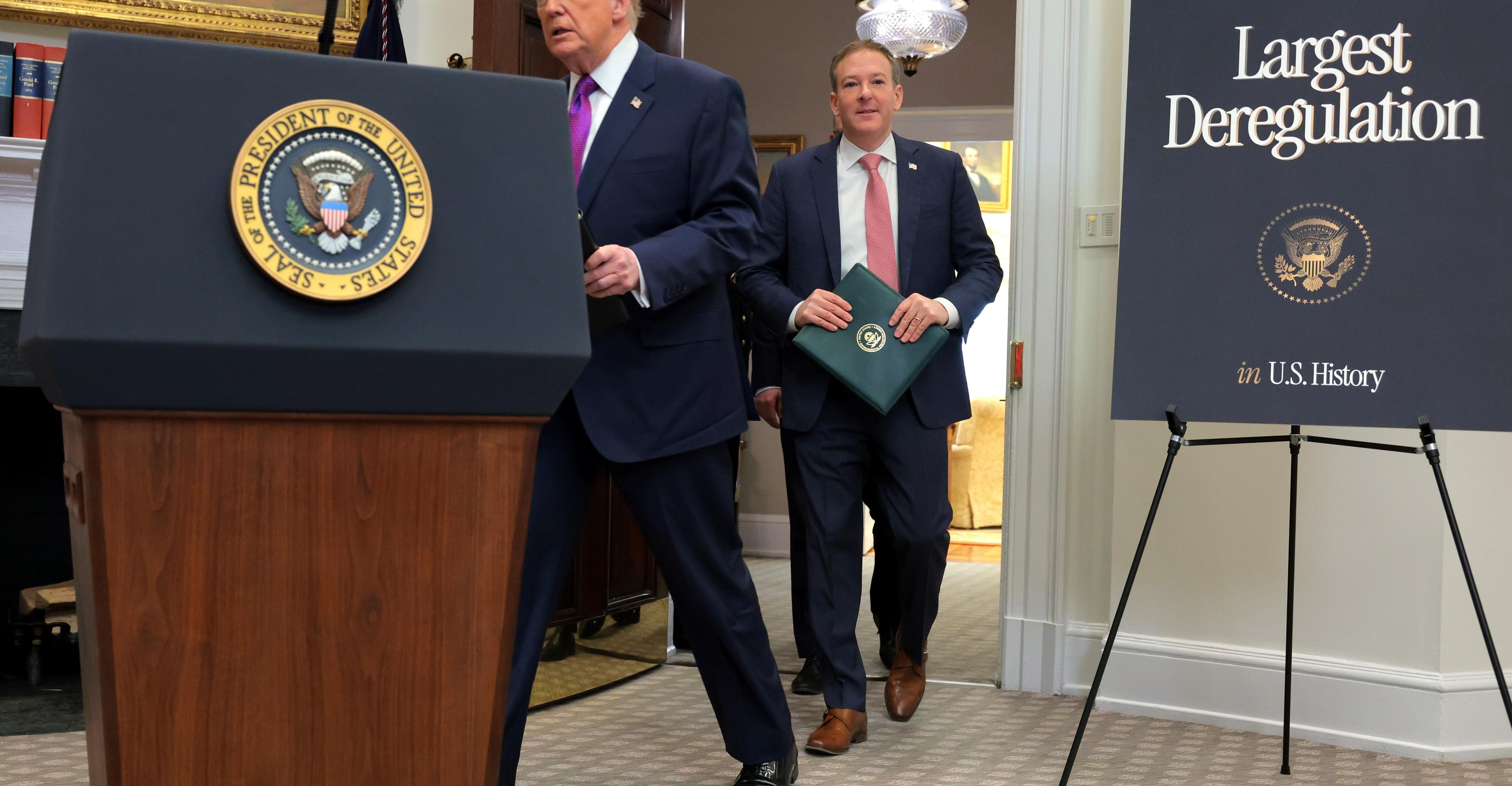Beijing, several other cities scrap check on COVID-19 tests for public transportation
Beijing’s shopping malls will all be open starting from December 3, although some still cannot provide dine-in services, and a 48-hour test is required.


Beijing: Several major Chinese cities, including Beijing and Tianjin, announced they would scrap checks of two-day or three-day valid COVID-19 test results previously required for passengers of public transportation.
Residents in cities such as Chengdu and Guangzhou no longer need to show test results when entering most public places, Global Times reported.
Beijing announced that 48-hour valid nucleic acid tests are no longer needed on buses and subways starting next Monday. Passengers must still keep their masks on, the Beijing government said.
Beijing’s shopping malls will all be open starting from December 3, although some still cannot provide dine-in services, and a 48-hour test is required, media reported.
The capital’s health commission on Friday urged residents to fulfil their duties in preventing COVID-19, and “be the first person responsible for your own health,” a phrase recently used by the local government after the release of the country’s optimized COVID-19 response measures.
The subway operators in Tianjin, Beijing’s close neighbor, also scrapped checks for 72-hour valid nucleic acid tests for passengers starting Friday.
The move followed Chengdu, which, in addition to cancelling checks for nucleic tests for taking subways, told residents on Thursday that nucleic acid tests were not needed to enter most public places, and only green heath codes were required. However, test results were still needed when entering medical institutions.
Chengdu also said that close contacts shall be placed under centralized quarantine in principle, and those who meet the conditions for home quarantine are allowed to be quarantined at home.
The southern Chinese city of Guangzhou, which has been hardest hit by the recent COVID-19 wave, was among the first to cancel checks of nucleic acid tests in some public places in low-risk areas.
Many Chinese cities are further optimizing their epidemic response with a “consistent strategy and flexible measures,” facing the weaker Omicron strain.
The Xinhua News Agency published an editorial on Friday urging cities to impose restriction measures fast and lift those measures quickly, calling for the impact of COVID-19 on people’s lives and economic, social development to be minimized.
Jinzhou in Liaoning Province vowed to clear all cases, claiming it had fought for several days and already seen a tapering point. “It would be a pity if we can clear the cases but we give up,” the government said.
Jinzhou, a city with a population of 2.69 million, has adhered to restrictive measures since November. The city reported 25 asymptomatic cases yesterday.
But on Thursday night, the city walked back its previous statement and announced normal life returning in an orderly manner, including the opening of supermarkets and restaurants, but that 48-hour valid nucleic acid tests are still needed.

Magnitude 5.6 quake jolts parts of KP
- 2 hours ago

Strong earthquake rattles eastern Afghanistan
- an hour ago

America After Trump
- 15 hours ago

Gold prices continue to surge in Pakistan, global markets
- 7 hours ago
PM Shehbaz calls for independent, sovereign state of Palestine
- 7 hours ago

The world’s rainforests are vanishing. In this one country, they’re growing back.
- 15 hours ago
NORAD detects Russian planes off of Alaska, sends aircraft in response
- 7 hours ago
Pakistan, US agree to enhance bilateral trade, economic ties, counterterrorism cooperation
- 6 hours ago

The Brazilian playbook for defending democracy
- 15 hours ago
PMD predicts dry weather in most parts of country
- 3 hours ago

Scientists have found another alarming pattern in wildfires
- 15 hours ago

Google announces dates for I/O 2026
- 8 hours ago







